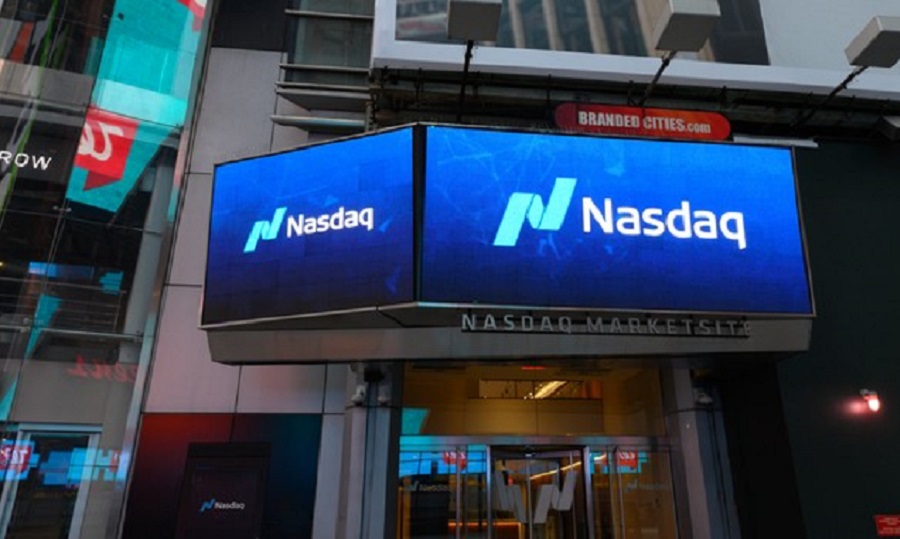RIO DE JANEIRO, BRAZIL – Based on Bloomberg data, until early August 2021 the volume of initial public offerings (IPOs) by Brazilian companies increased by over 400% this year compared to the same period in 2020, with companies raising R$57 (US$11) billion. The 2021 total surpasses the previous record of R$53.6 billion set in 2007, when 60 companies went public.
However, the records for IPOs of Brazilian companies have not only been accounted for at the B3 exchange in São Paulo: the year also registers many Brazilian companies going public in the United States. This year, Zenvia, Vtex, Pátria and Vinci went public on Nasdaq, and more companies are expected to debut on the American Stock Exchange by December.

On Wednesday, August 25, the 11th edition of Expert XP held a panel with Bob McCooey, global head of capital markets at Nasdaq, and Vitor Saraiva, head of equity capital markets at XP, to discuss the reasons why companies choose to go public in the USA or Brazil and the market perspectives, as well as its similarities and differences. The panel was mediated by Jennie Li, XP’s equity strategist.
McCooey pointed out that it is a very significant trend that several Brazilian companies are going public in the American market. However, it is still an incipient number when compared to the companies that go public locally.
Among the sectors of the Brazilian economy that have been going public at Nasdaq in recent years, the executive pointed out that fintechs and the so-called “edtechs,” or educational technology companies, such as Vitru, Afya, and Arco, have stood out, also taking into account the “DNA” of the Nasdaq Exchange, which is more geared towards technology.
In general terms, the global head of capital markets at the American exchange points out that he has seen a growth in the number of IPOs at Nasdaq, also highlighting the recent boom in the “healthtech” segment.
McCooey said he strongly believes that most companies belong in their local market and that “this is true for most markets.” However, he cites that a strategy for companies deciding to go public abroad is to expand their horizons outside their home country, such as a domestic company that would like to expand its presence in other Latin American countries.
In addition, some companies also choose to go public abroad in order to have more access to capital outside their local market (especially in the USA) and to have greater visibility.
If some Brazilian “techs” seek to go public at Nasdaq, XP’s Saraiva believes that the local market has room for any sector, which is still highly focused on commodities and financial institutions.
However, he emphasizes that the trend observed is for agribusiness companies to go public in the Brazilian stock exchange. He assesses that the sector is currently very relevant for the economy, but still very incipient in the Stock Exchange, with very few companies. Thus, there is still a long way to go.
“There are very good companies that can and will access the market,” Saraiva points out, also mentioning technology and healthcare companies with potential to access the capital markets.
This trend towards greater development of the capital market has converged with the recent context of lower interest rates, which has led local investors to seek other assets besides fixed income. Although the SELIC, the benchmark interest rate, has risen recently, it is still below the double-digit levels seen in 2017.
But in addition to the more favorable macroeconomic scenario and the development of the capital market, the Nasdaq executive assesses that demand for IPOs – both in Brazil and abroad – also takes into account the efforts of venture capital entrepreneurs.
“Both local and global venture capitalists have done an incredible job in Brazil. They have been preparing companies for funding rounds and for a future IPO,” he said. For McCooey, the wave of entrepreneurship is just beginning to take shape: “Sometimes Americans believe that entrepreneurship is our invention. But it’s not, it’s everywhere in the world, we see amazing companies from Israel, China, and Brazil going public in the U.S..
MORE REPRESENTATION
The executive also discussed the Securities and Exchange Commission’s (SEC) endorsement of Nasdaq’s requirement that most listed companies have at least two diverse members on their boards, one of whom should be a woman and another LGBTQ+ or other underrepresented minority.
McCooey pointed out that companies will have a deadline for compliance (effective upon SEC approval). Publication of board diversity information is due as early as next year, while the other rules need to be met within a 2-year period for the inclusion of a woman on the board and another 2 years for the inclusion of an underrepresented minority. “There will be time for companies to find the right people,” he stressed.
The executive emphasizes the statistical evidence that higher diversification in companies improves performance, and said he is excited about the SEC’s endorsement. “We felt it was our responsibility to have more inclusion and diversity in this respect. (…) We felt that this is an important area for us and that we should take a leadership role,” he said.
It is noteworthy that if companies do not reach the diversity minimum, they will be required to explain their reasons in public documents. The exchange will verify whether explanations have been made public, but will not assess the substance of justifications.
In Brazil, the general assessment is that the country is far behind in this respect. However, Saraiva stresses that a growing number of local investors are concerned about the issue, and that this matter must be brought to light.
“We have nothing specific, no metrics that compel companies to do this, but the market is regulating itself, awards transparency and also these initiatives,” he stressed.

